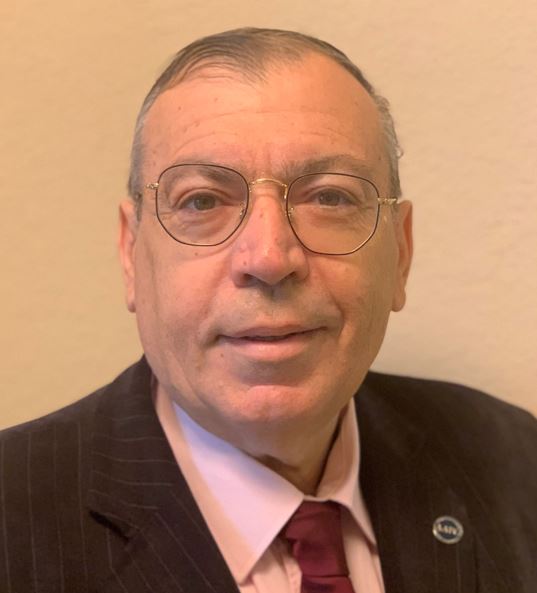Tech Lunch: Unsupervised AI Workflow to Evaluate CO2 Storage and Geothermal Potential Over a ... - May 18th

Complete Title: Unsupervised AI Workflow to Evaluate CO2 Storage and Geothermal Potential Over a Giant Mature Gas Field
In Person Event
Meeting Location:
Norris Conference Center
816 Town & Country Blvd.
Houston, TX 77024
(Free parking off Beltway-8 northbound feeder or Town & Country Blvd.)
Meeting Time: 11:00 to 1:00
Registration Begins at 11:00
Lunch Served at 11:30
Presentation starts at Noon
NOTE: You Must Be Logged In to Register.
Speaker: Bernard Laugier
Co-Author: Anthony Aming, Seisnetics
Seismic data remain a pillar of subsurface modeling and the understanding of the potential for transitioning from oil and gas production to applications such as CO2 storage and geothermal projects. However, interpretation is a biased and time-consuming process forcing geoscientists to spend more energy picking horizons and building models than interpreting the significance of the results and their implications for ultimate field development, CO2storage and geothermal project evaluation.
The Groningen field is in Netherland and is one of the world largest gas fields. Since discovery in 1959, it was recovered more than 100 TCF of gas. Since the 1950’s, geoscientists have acquired several large 3D seismic data onshore and offshore and drilled more than 350 wells, looking for a detailed understanding of the field geology toward ultimate HC recovery and management of induced earth tremors associated with the field depletion. The Groningen geology provide a unique opportunity to have a giant mature gas field that could transitioned to a CO2 storage area within the Rotliegend sandstones reservoirs and Zechstein salt. Additionally, the structural history contributes to create an unusually high thermal maturity in the Carboniferous rocks directly below the Base Permian Unconformity that could be exploited within geothermal projects.
Managing the risks associated with recovery of the remaining gas, CO2 storage areas and geothermal systems will continue to require an increasingly detailed knowledge and understanding of its geology.
The challenge? The time available for features extraction, analysis and interpretation remain limited, and very often the geoscientists spend more time picking horizons and building models than analyzing the significance of results. In this paper, we will describe a new approach using an Artificial Intelligence (AI) based on genetic algorithm (GA) to automatically extract information from the 3D seismic data in an unbiased manner and in record time. After 12 minutes of AI processing, we could display all horizons on the seismic and visualize multiple attributes for within the entire Groningen area top to bottom. In less than a day We are ready to build stratigraphic /structural domain and seismic facies maps for all necessary geological model to localize CO2 storage areas within the Rotliegend reservoir and evaluate geothermal projects from multiple systems.
The use of such unsupervised AI on the Groningen project paves the way for geoscientists to focus their attention on visualizing and interpreting the significance of the results for applications such as geologic CO2 storage and geothermic development.
Speaker Biography: Bernard Laugier
Bernard has over 42 years of Oil & Gas Geoscience experience; he is an expert in integration of multi discipline geoscience approaches with emerging high-end geophysics. He has worked with ExxonMobil for 41 years in exploration, development, and production projects around the world. Recently worked high profile development in Guyana and pre-salt Brazil. Since retirement, he is involved in the SEG Evolve program as mentor and is participating with several companies in their development programs as senior geoscience consultant. Bernard continues to be at the front end of developing interpretation and management decision workflows integrating the latest machine learning application to high end geophysics. Currently expending his oil and gas experience to geologic CO2 storage and geothermic projects. Bernard holds an PhD degree from Ecole National de Geologie and geophysics (France), a master in geology from the Ecole des Mines (France) and a master in quantic physics from the University of Paris (France).
Price List:
Member
|
$35 |
$45 |
| Non-Member |
$45 |
$55 |
**If you require a vegetarian, vegan or gluten free meal, please make request below.
** Please be aware that ALL registrations must go through 'Checkout', even if your total is zero. Registration is not confirmed until you complete the checkout process.